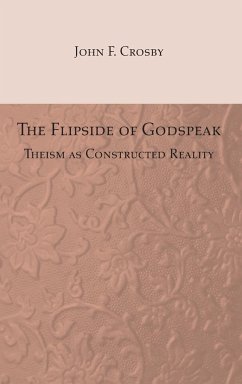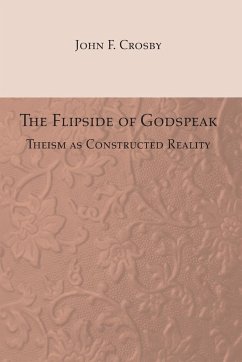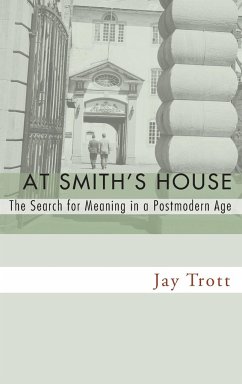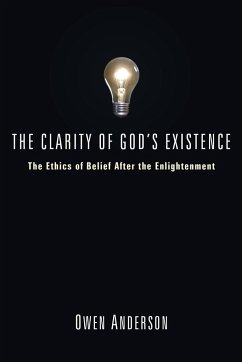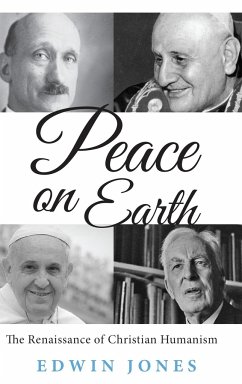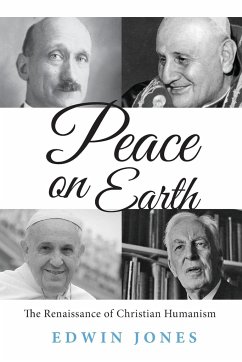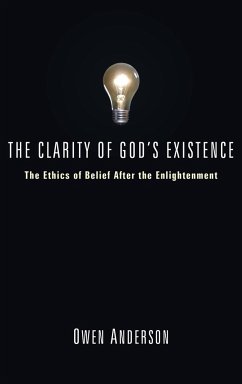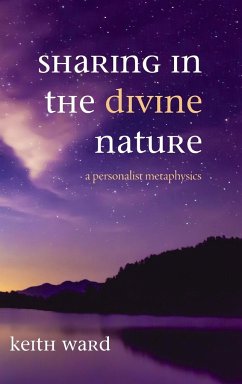A basic question in philosophy is, ""how do we know what we think we know? Constructivists answer this question as follows: categories for constructing reality reside in the human mind, so reality cannot escape the mind's limitations. Human beings constantly assimilate new knowledge and experience. Constructivists apply the same logic to the question of truth. What we claim to be true is always provisional. New information and breakthroughs may supplant what we presently hold to be true. Ultimate or absolute truth is unknowable. In The Flipside of Godspeak, John Crosby applies the principles of philosophical and theological constructivism to theistic belief. The idea of God is a constructed idea.We come to think that we know there is a God because we have internalized stories, images, and historical accounts passed on to us by people with authority. In these pages, however, and without reference to an authoritarian deity, Crosby considers questions of ethics and morality. An ethic of eudaemonism or ""well-being is posited to be based on the principles of equality, honesty, and responsibility to self and others. Implications of the meaning and purpose of human existence are considered from the existential perspective, that is, from the viewpoint that we oursleves invent, create, and construct meaning.
Hinweis: Dieser Artikel kann nur an eine deutsche Lieferadresse ausgeliefert werden.
Hinweis: Dieser Artikel kann nur an eine deutsche Lieferadresse ausgeliefert werden.

